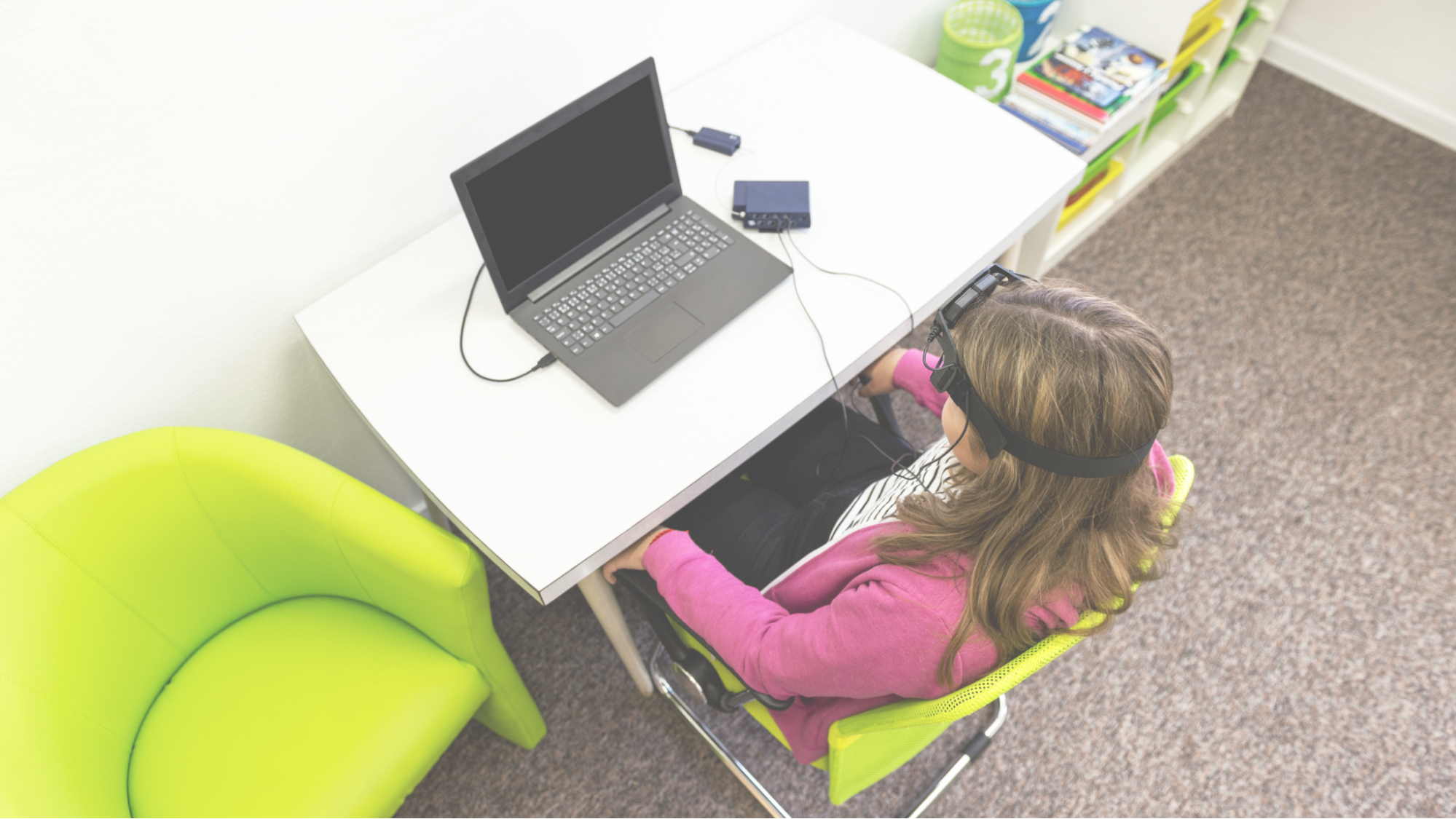5 Reasons Why We Recommend Neurofeedback For Children

We all want only what is best for our children, which is why when it comes to treatment, it’s normal to be extremely picky.
Children are highly sensitive, and every part of their upbringing matters, including any therapy they undergo for different issues that may arise along the way. Whether it’s ADHD symptoms, low-quality sleep, or injuries, the best course of action for them should be natural, non-invasive, but effective.
Beaverton Neurofeedback highly recommends neurofeedback for children, and in this article we will detail exactly why.
What Is Neurofeedback?
Neurofeedback training is a form of biofeedback, a mind-body treatment that tries to give patients voluntary control over some generally involuntary bodily activities. This noninvasive treatment can help patients receive real-time feedback on their brain activity.
Electronic devices are used in biofeedback to show the patient certain physiological processes taking place in their body that they are generally unaware of. For instance, neurofeedback therapy helps patients learn to control their brain activity and processes by showing them how their brains respond to different triggers.
Patients gradually develop the ability to identify certain brain states. They can then learn to mimic desired moods, like serenity, or stay away from undesirable states, such as agitation, in their daily lives.
How Does Neurofeedback Benefit Children?
Neurofeedback for children can be a great treatment for various reasons. Here are our top 5 reasons why we think you should consider it for your child:
It Is Non-Invasive and Natural
An initial session of neurofeedback for children involves taking a "brain map," which is accompanied by a quantitative EEG to pinpoint the areas of the brain that are struggling to perform at their best. Following the discovery of this, a procedure is created to focus on the parts of the brain that require development.
The patient watches a computer screen throughout the neurofeedback sessions when the brain is challenged and compensated for spontaneously producing healthier brain waves. This is a process that naturally educates the brain on how to work at its finest.
This process is non-invasive from start to finish — it requires no medication or procedures, and the results are very effective. The reward during the training can even consist of a game they play, making the process enjoyable and relaxing for the kids as well as beneficial.
It Can Aid In Treating Behavioral Problems
Sessions of neurofeedback for children are intended to teach the brain to operate more steadily and ultimately more effective. For instance, tantrums are less likely to happen if the youngster can function well since their brains can handle information more easily. Parents of kids who receive neurofeedback have noticed reductions in other undesirable behaviors.
Neurofeedback is also a well-known treatment for ADHD symptoms. A study shows that neurofeedback can be a viable therapy option for children who suffer from attention deficit hyperactivity disorder, as medication and behavioral therapy seem to lack long-term effects.
Moreover, it is possible in some cases for those who undergo neurofeedback training to successfully discontinue their medication intake.
It Can Boost Academic Performance
Brain training is key for good academic results —both by actively learning, and by training the brain activity itself. Children who take part in neurofeedback sessions experience gains in their academic performance, concentration in class, organizational skills, task planning, and other areas.
Early development of good academic habits has a direct bearing on a student's future achievement. To attain learning performance throughout the child's life, a strong academic foundation is required.
It Helps In Treating Sleep Problems
For your child in particular, having a good night's sleep is crucial to living a better lifestyle. Your children will not be able to achieve their full potential if they do not get a decent night's sleep, both in terms of quantity and quality.
They won't be able to stay focused in class, finish their assignments, take tests effectively, and do other things, which will cause a drop in performance. In order to improve sleep, neurofeedback training helps children fall asleep, remain asleep, and obtain the kind of sleep they need to function well the next day.
The Results Are Durable
Neurofeedback causes the brain to undergo long-lasting and irrevocable adjustments. Thus, neurofeedback is actually a remedial medical treatment for a lot of mental health issues, from core ADHD symptoms and other behavioral issues, to anxiety, depression, sleeping problems, brain injury and much more.
The positive changes that occur through neurofeedback treatment come with no attached side effects, either. Just significant improvement on negative symptoms through monitoring of the brain waves that the brain produces. It’s that simple!
Only The Best For Your Child
Neurofeedback for children is definitely an effective form of treatment for attention deficit disorder and other issues that the child may face. All it takes is for them to come in, sit on a comfortable chair, relax, watch a movie or even play a fun game while we closely monitor their brain waves and brainwave activity.
If your child doesn’t feel comfortable coming into our office and working with a trainer, you can even look into renting equipment —we will train you on how to use it, and you can then provide neurofeedback training for your child in the comfort of your own home!
We’d love to hear from you and start helping your child become the best version of themselves, so contact us and let’s chat!




